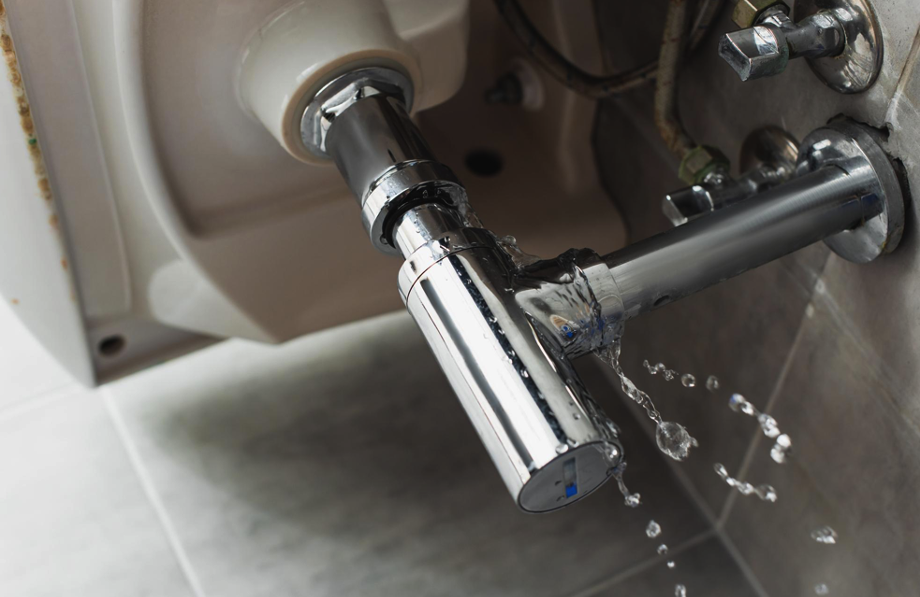Unmasking Hidden Leaks: A Comprehensive Guide to Finding Water Leaks
RH Business Marketing Solutions
Water is a crucial resource, but it can also unveil an obscured devastation when it escapes past its prescribed limits. Hidden water leaks are a notorious menace that can wreak havoc, if not detected and rectified promptly. Mostly unnoticed until significant damage is done, these elusive leaks can affect your property's integrity, inflate water bills, and challenge your peace of mind. This article addresses navigating such turbulent waters by demystifying the art of unmasking hidden leaks. We'll shed light on the reasons behind water leaks, signs to watch for, efficient detection techniques, and preventing future occurrences.
Understanding the Culprit: What Causes Hidden Water Leaks?
Water leaks occur due to a myriad of reasons, distilling it down to common causes helps streamline the search process. Ageing plumbing systems are often the main perpetrator, with pipe corrosion being an influential factor. Shifting soil, temperature fluctuations, and high water pressure can further exacerbate the degradation of pipes. Influencing the structure and function of the plumbing fixtures, these elements can lead to leakages.
At the same time, damaged seals around water-connecting appliances are also guilty of fostering leaks. Over time, these seals wear out, causing leaks at the appliance connection points. Similarly, faulty water appliances and their accessories can usher in leaks, especially when they're not installed correctly.
Furthermore, distinct weather conditions can precipitate water leaks. In colder ramification, pipes can freeze and burst due to the expansion of freezing water. On the other hand, during hot, dry spells, soil contraction can create unwanted stress on the pipes, causing them to crack and leak.
Spotting the Signs: Recognizing Leak Symptoms
Unmasking hidden leaks begins with keenly observing your surroundings and acknowledging changes. A red flag is an unexplained surge in your water bill. Should you notice a considerable increase without a corresponding change in usage, it might be because of a leak.
Look out for visible signs of water damage. Mould or mildew, for instance, thrive in dampness, indicating a possible leak. Similarly, water stains or discolourations on walls, ceilings, or floors are telling signs.
Pay attention to sounds and smells as well. Pay attention to constant dripping sounds or a pungent musty odour, as it could be a water leak crying out for attention.
Digging Deeper: Tools and Techniques for Detecting Water Leaks
Detecting water leaks requires the use of various tools and specialist techniques. Commonly used tools include moisture metres, acoustic leak detectors, and pipe locators. Each tool serves a unique purpose, from detecting moisture levels to tracking pipe alignment and pinpointing leak locations.
Professionals use a plethora of detection techniques, including thermo-graphic leak detection, video pipe inspection, pipe tracing, and hydrostatic leak detection. Each method delivers accurate results, eliminating potential guesswork in finding leaks.
While DIY leak detection methods such as visual inspection and dye testing in toilets can illuminate minor leaks, they might not unearth more complex ones buried deep within the plumbing system.
Leak CONFIRMED: What Next? Handling Water Leaks
Upon stumbling upon a leak, swift action is paramount. Turn off the water supply to the affected area to stymie further damage. Minor leaks like dripping faucets and leaking shower heads can be fixed with a DIY repair kit if you're handy. However, for more severe leaks, you will need to call a plumber as the required expertise and equipment go beyond a standard homeowner toolbox.
In situations of considerable damage linked to leaks, it's necessary to contact your insurance company promptly for guidance on filing a claim. Don't forget to document the damage to support your case.
Preventive Measures: How to Prevent Future Water Leaks
The best protection against hidden leaks is proactive prevention. Regularly inspect pipes, appliances, and fixtures for wear and tear. Check your water pressure regularly, ensuring it stays within safe levels. Technological interventions such as installing leak detectors that alert you in real-time can also save potential heartaches.
Proper maintenance of your water systems, including professional inspections, goes a long way in spotting wear and tear early and preventing leaks.
Conclusion
In the end, uncovering hidden water leaks is an amalgamation of vigilance, understanding why leaks occur, recognising the tell-tale signs, and employing proper tools to detect them accurately. Adequate preventative maintenance cannot be overstressed as it minimises the likelihood of future leaks. While DIY methods are beneficial for minor leaks, don't hesitate to call a professional for a more complex scenario. Have you ever wrestled with hidden water leaks? Have any advice to share? Feel free to contribute your insights and experiences in the comments below.
